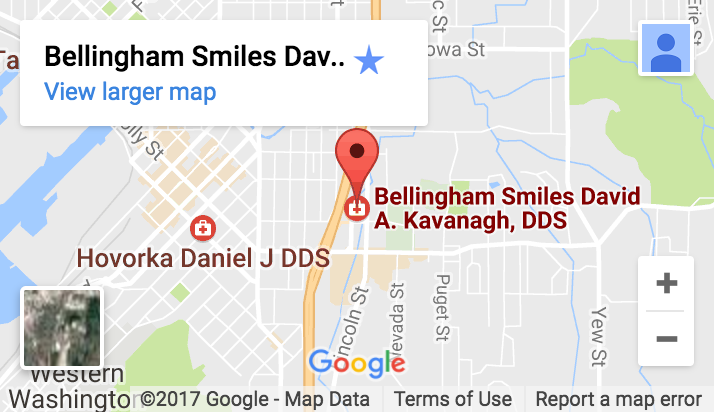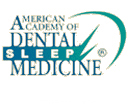Sleep Apnea Treatment Bellingham, WA
Here at Bellingham Smiles, we work hard to help our patients who have sleep apnea.
People who have sleep apnea never get the rest they deserve. They have trouble breathing, which constantly wakes them up throughout the night.
Many people who have sleep apnea have multiple health problems. They are always exhausted. Being tired can affect them at home and at work. They may be miserable and have trouble concentrating. Sleep apnea can also affect their blood pressure, making them more likely to have strokes. Anesthesia can be a big risk since they have trouble breathing.

There are some devices that can be helpful with sleep apnea. They help patients by keeping their airways open at night. Also a procedure can be performed if you have extra tissue in your throat. It reshapes your throat so you can breathe much better.
If you have any questions about how we can help you with your sleep apnea, feel free to contact us today at (360) 671-4552.
What is Sleep Apnea?
Sleep apnea is a condition in which the body is trying to breathe but the airway is closed off, making it impossible to move air (“Apnea “ is the Greek word for “without breath.”) If you suffer from sleep apnea, each time your airway is closed, the resulting lack of oxygen alerts your brain, which temporarily wakes you up to restart proper breathing. Because the time spent awake is so brief, most people with sleep apnea don’t remember it and many think they are getting a good night’s sleep. However, the constant wake-sleep-wake sleep cycle interrupts the deep sleep that refreshes the body, and sufferers are frequently drowsy during the day. Low oxygen levels and lack of continuous sleep takes a toll on heart health, can contribute to brain dysfunction, and may tip the patient into diabetes.
What are the signs of Sleep Apnea?
Studies have shown that if anyone has told you that you snore , or has, “poked” you to make you move to restart your breathing, you have 90% chance of having sleep apnea.
Other signs include:
- Sleepiness or lack of energy during the day
- Loud snoring and/ or waking up with a very sore or dry throat
- Teeth grinding or teeth gnashing
- Occasionally waking up with choking or gasping sensation
- Feeling sleepy while driving or watching television
- Morning headaches, restless sleep, constant yawning
- Forget fullness or mood changes
- Decreased interest in sex
- Not feeling rested when waking in the morning
- Frequent waking during the night or insomnia
Are there different types if Sleep Apnea?
There are three categories of sleep apnea. The most common is called Obstructive Sleep Apnea (OSA), and occurs due to physical blockage, usually the collapsing of the soft tissue in the back of the throat. Less common is central sleep apnea (CSA), in which breathing stops because the muscles involved don’t receive the proper signal from the brain, and some people suffer “mixed” or “complex” sleep apnea, which is a combination of obstructive and central apnea.
What are the Risk factors for sleep apnea?
Obstructive sleep apnea is more common in males than females, and more common in older adults (40 and up) than younger adults and children. However, anyone regardless of gender or age can suffer from sleep apnea. Sleep apnea and chronic low levels of oxygen in your blood can also contribute to:
- Muscle pain
- Restless leg syndrome
- Stroke
- Increased risk of depression
- Diabetes
- Coronary artery disease
- Congestive heart failure
- Insomnia
- Gastric reflux
- Memory and concentration impairment
- Mood swings and /or temperamental behavior
- Fibromyalgia, pain in joints, muscles and tendons
- Hypertension (high blood pressure)
- Impotence
- Loss of short term memory
- Weight gain
- Intellectual deterioration
Sleep Apnea is serious and can be life threatening!
What are they types of treatment for Obstructive Sleep Apnea?
There are only four types of treatment for Obstructive Sleep Apnea:
- Continuous Positive Airway Pressure mask(CPAP)- a mask that is worn to blow air through into your nose
- Specialized Oral appliance- custom fitted FDA approved dental appliance
- Throat Surgery- part of your soft palate and associated structures are removed
- Tracheostomy- a hole is made under voice box and a tube is inserted to breathe through
Correcting your breathing through a dental appliance cam make a difference in the quality of your sleep and your life. When you can sleep through the night and get all the oxygen that your body needs your body has time to do what it was designed to do: rest and replenish itself. Waking up refreshed and ready to take on the day can change your life.




